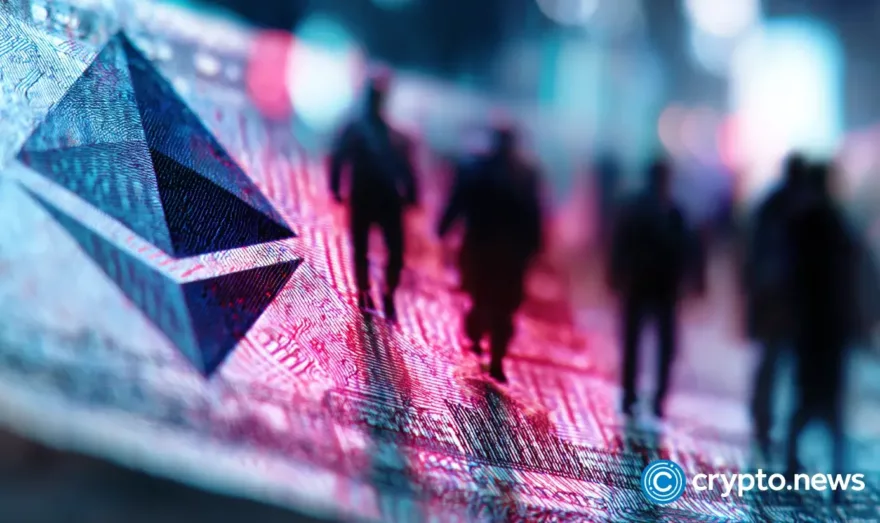Mt. Gox top creditors opt for early bitcoin payout

The two largest creditors of the Mt. Gox crypto exchange have opted for an early payout in bitcoin rather than fiat currency.
According to a Bloomberg report, Mt. Gox Investment Fund (MGIF) picked an early payout in September this year. The two biggest creditors of Mt. Gox, MGIF, and defunct New Zealand crypto exchange Bitcoinica, reportedly opted to get their bankruptcy recovery paid out mostly in bitcoin.
Both firms represent about a fifth of all claims and will, as a result, get paid 90% of their collectible funds. These are approximately 21% of what they had locked out on the platform after the Mt. Gox hack in 2014.
The decision to pick a bitcoin payout could cool longstanding fears among BTC holders that a wave of simultaneous liquidations around the bankruptcy could negatively affect bitcoin prices.
Had they opted to take the payout in fiat, the trustee overseeing the bankruptcy estate would have been forced to sell off a large portion of Mt. Gox’s recovered bitcoin holdings.
Creditors who choose to wait instead might end up waiting for another five to nine years for the litigation surrounding the bankruptcy to end.
This option could yield a slightly higher recovery, but creditors have no guarantee that it won’t be lower than the 90% of recoverable holdings promised in the lump sum payout.
Creditors have until March 10, 2023, to decide whether to wait or take the early lump sum offered.
The fall of Mt. Gox
Mt. Gox operated between 2010 and 2014 and was responsible for over 70% of bitcoin transactions. It was considered the world’s largest Bitcoin exchange at its peak.
For handling many transactions, Mt. Gox automatically got an outside role in determining bitcoin activity in the market. For instance, in 2013, it suspended trading for several days to cool down the market.
The exchange declared bankruptcy in 2014 and has been the subject of lawsuits and speculation.
Mt. Gox became a target for hackers during its peak and suffered security problems. In early February 2014, the company discovered that it had “lost” hundreds of thousands of bitcoins. Reports on the number of coins lost range from 650,000 to 850,000, a value estimated to be hundreds of millions of bitcoins.
This pushed Mt. Gox to file for bankruptcy, which the Tokyo District Court ordered to liquidate in April 2014.
The exchange was later able to recover 200,000 bitcoins. However, the remaining missing cryptocurrency significantly destabilized the market.
There had been speculation that Russian hackers were behind the heist. Whether Mt. Gox still has a future in cryptocurrency remains unknown.

















